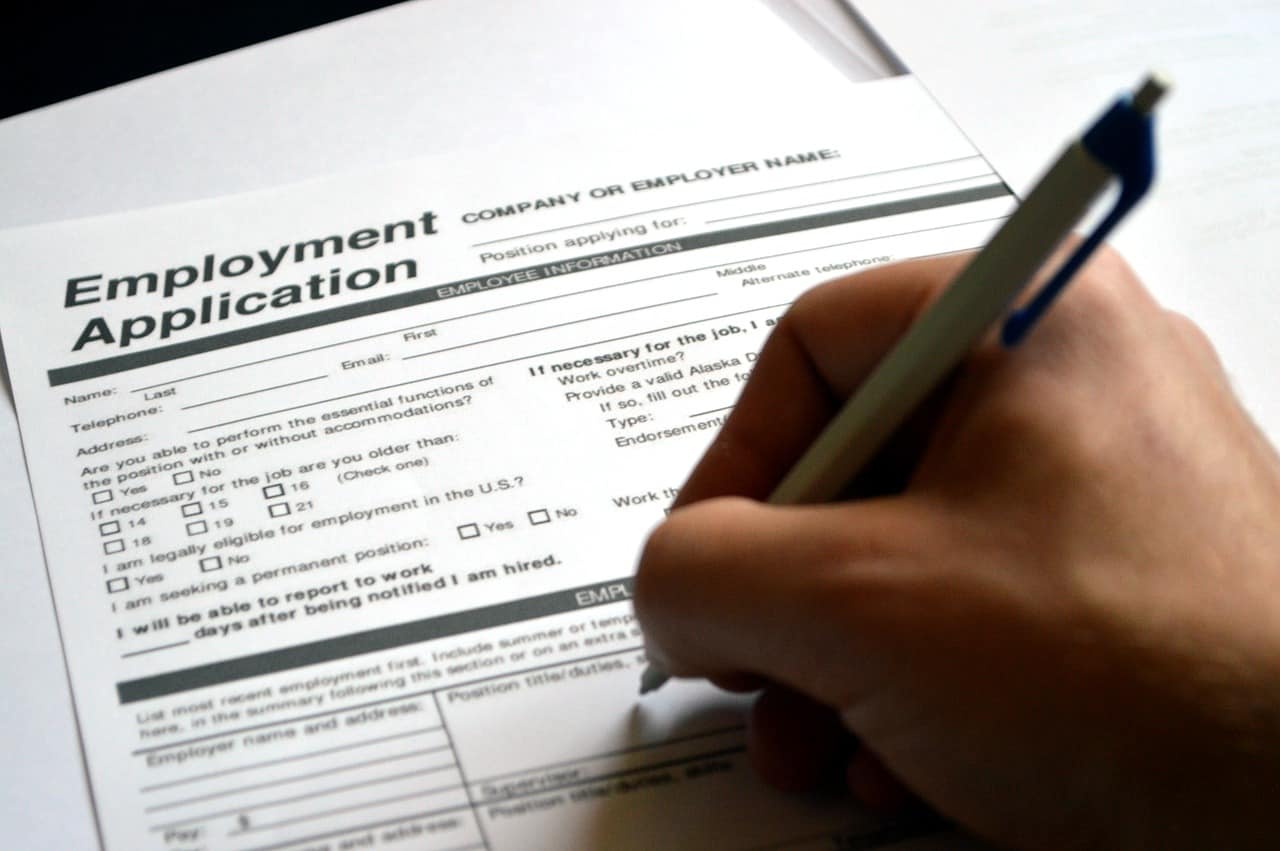Noah Zatz is Professor of Law at the University of California, Los Angeles. His research generally explores connections among work, citizenship, and inequality, and he specializes in the relationship between labor & employment law and other legal fields, including family law, social welfare policy, criminal justice, and civil rights. He was an Open Society Fellowship to pursue his project on “Get To Work or Go To Jail.” Zatz previously practiced public interest law as a Skadden Fellow at the National Employment Law Project. He also served as a law clerk to the Honorable Guido Calabresi of the United States Court of Appeals for the Second Circuit and to the Honorable Kimba M. Wood of the United States District Court for the Southern District of New York. A fuller biography and lists of publications and courses are available here.
It is now well understood that employers discriminate against applicants with criminal records, but less is known about why they do so. This question is critical to designing appropriate laws and policies. New research shedding light on this issue has recently been published in Criminology and an accompanying policy brief. With my co-authors Naomi Sugie and Dallas Augustine, we find that employer discrimination reflects broad-brush stigmatization of people with records. Contrary to common defenses of the practice, employers are not simply acting like rational risk managers targeting repeat offending or negligent hiring liability. This finding sheds light on the complex interactions between institutions—here, the criminal legal system and the labor market—that produce and intensify structural racism and anti-Blackness in the United States today.
To step back for context, employment discrimination laws of all stripes have long faced a cluster of criticisms from those working within a law & economics framework:
- “Real” discrimination based on stigmatization of marginalized groups can’t exist because it would be driven out by competitive markets.
- What does exist is merely “rational discrimination” by employers trying to contain costs and boost productivity.
- Regulating employers’ “rational discrimination” is not only inefficient and unfair but also triggers perverse consequences. That is because forcing employers to internalize the expense of “accommodating” costly employees simply prompts them to discriminate in other ways.
This suite of arguments has long been deployed, with differing emphases, against race, sex, and disability discrimination laws. An important burst of scholarship (especially by Sam Bagenstos and Christine Jolls) in the early 2000s showed how the rational discrimination/perverse consequences framework, although in that period deployed primarily against disability and pregnancy accommodation requirements, threatened the historical core of race & sex discrimination prohibitions.
More recently, a new wave of employment discrimination laws has emerged under the rubric of “Ban the Box” and “Fair Chance Hiring.” These laws regulate employer discrimination on the basis of an applicant’s criminal record, among the key mechanisms by which racialized policing and incarceration contribute to racial stratification in economic life.
In this new legal context, the old debates are being repeated. Some scholars (especially Andrew Elmore and Kimani Paul-Emile) have defended these laws precisely by analogizing them to protections against disability discrimination. Others have criticized these new protections as intruding upon employers’ rational efforts to manage workplace risk. To the extent that employment of people with records is a social value, critics argue that the cost should be borne by the public through subsidies or supply-side interventions, not by employers (echoing a classic argument about the ADA’s reasonable accommodation mandates). And precisely because employers are rationally seeking to control costs associated with people with records, the unavailability of records themselves will drive employers to use race as a proxy for a record, given the massive racial disparities throughout the criminal legal system. This leads employers to engage in “rational” broad-brush discrimination against applicants of color, especially Black men.
Empirical scholarship before and after the rise of Banning the Box has sought to anticipate or detect these “perverse consequences” and to interpret them within this rational discrimination framework. Others, myself included, have argued that legitimizing the racially stratifying exclusion of people with criminal records is not the correct way to fight broad-brush race discrimination, even if that is indeed how employers respond to Ban the Box.
Our new research focuses on whether “rational discrimination” is even the right way to understand how employers use criminal records in the first place. Defenders of employer screening claim that criminal records are simply being used as a source of reliable information about prior conduct that is concerning from a workplace perspective. If that were so, then employers ought to respond the same way to an alternative source of information about the same prior conduct. Yet we find that they do not. We tested the comparison with an experiment in which personnel managers evaluated hypothetical job applicants whose files included criminal background checks and/or social media posts revealing use of illegal drugs.
In our study, employers were more averse to hiring when a criminal record was an information source. They responded not only with amplified fears that similar conduct (drug use) would be repeated but also with indiscriminate fears about a wide range of topics unrelated to the underlying behavior; this response was concentrated in higher status occupations, not in those most susceptible to negligent hiring litigation. These are the hallmarks of stigmatization, not rational risk management. This implies that even if one (wrongly!) thinks that only “irrational” discrimination should be regulated, employer exclusion based on criminal records provides an appropriate target for legal intervention. For full details, you can read the policy brief here and the peer-reviewed article here.








Daily News & Commentary
Start your day with our roundup of the latest labor developments. See all
April 19
Alabama and Louisiana advance anti-worker legislation; Mercedes workers in Alabama set election date; VW Chattanooga election concludes today.
April 18
Disneyland performers file petition for unionization and union elections begin at Volkswagen plant in Tennessee.
April 18
In today’s Tech@Work, a regulation-of-algorithms-in-hiring blitz: Mass. AG issues advisory clarifying how state laws apply to AI decisionmaking tools; and British union TUC launches campaign for new law to regulate the use of AI at work.
April 17
Southern governors oppose UAW organizing in their states; Florida bans local heat protections for workers; Google employees occupy company offices to protest contracts with the Israeli government
April 16
EEOC publishes final regulation implementing the Pregnant Workers Fairness Act, Volkswagen workers in Tennessee gear up for a union election, and the First Circuit revives the Whole Foods case over BLM masks.
April 15
The Supreme Court ruled in favor of bakery delivery drivers in an exemption from mandatory arbitration case; A Teamsters Local ends its 18-month strike by accepting settlement payments and agreeing to dissolve